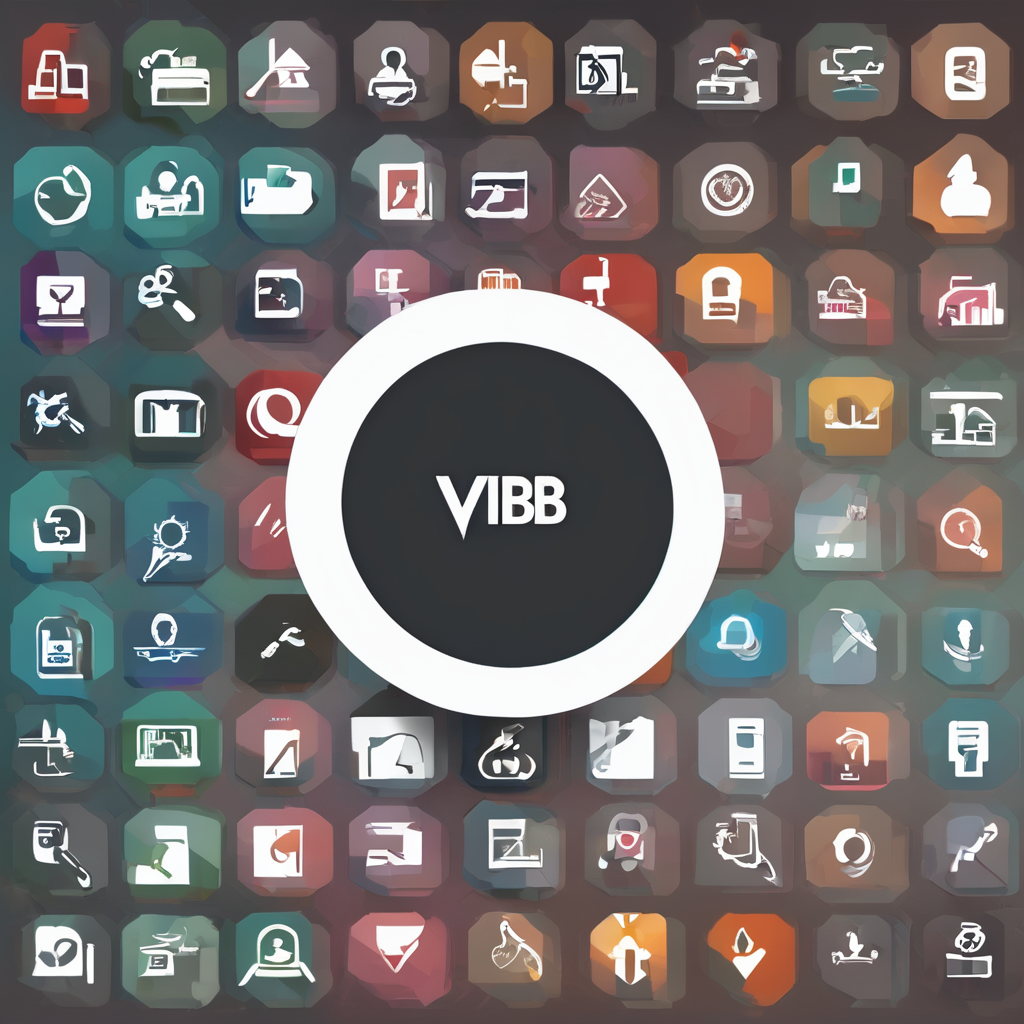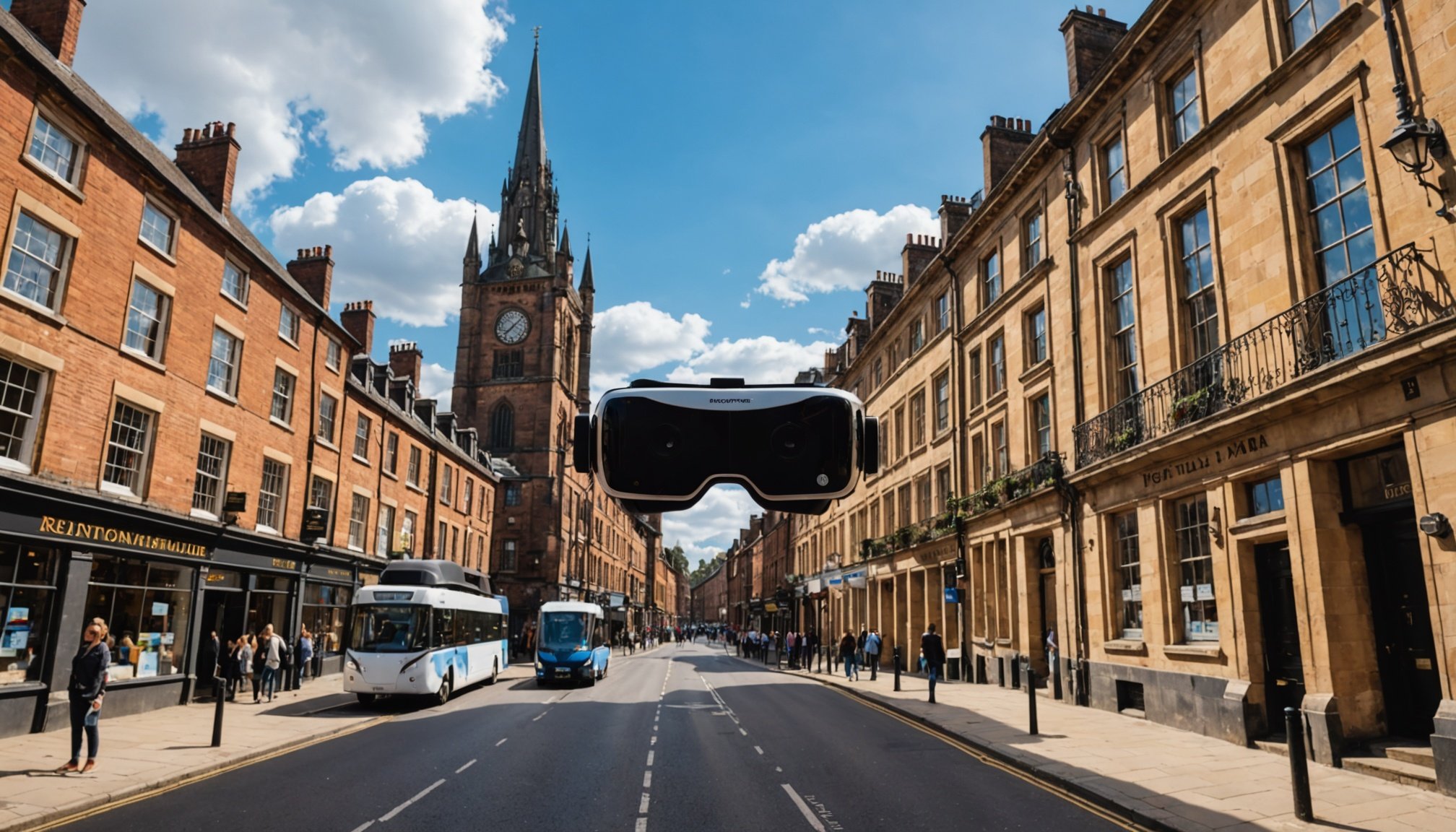The Role of Virtual Reality in Modern Tourism
Virtual reality (VR) in tourism is revolutionising how travellers experience the world. By allowing users to immerse themselves in dynamic environments, VR provides innovative travel experiences that go beyond traditional tourism. A pioneering example of this shift can be found in the Nottingham Travel Agency. This agency has embraced VR technology to offer customers a unique perspective on travel, providing a window into destinations otherwise unreachable.
Virtual Reality in Tourism brings with it several benefits that enhance the tourist experience. Individuals can explore exotic locations without leaving their homes, making planning and decision-making significantly easier. The Nottingham Travel Agency has brilliantly integrated VR, providing clients with previews of destinations that highlight landmarks, culture, and more.
This might interest you : Stress-free moves with ds carriers home and business experts
For those hesitant about travel-related choices, VR acts as a powerful tool. It allows users to “try before they buy,” ensuring that potential travellers can make informed decisions.
Moreover, virtual reality in tourism makes adventures accessible to those with limited mobility or constrained budgets, showcasing how modern technology can inclusively broaden exploration rights. Investing in travel technology not only elevates consumer satisfaction but also marks a significant shift in travel agency innovations.
Have you seen this : Unlock business success with chartered accountants in birmingham
Specific VR Applications Offered by the Nottingham Agency
Virtual reality applications have become indispensable in the travel technology arsenal of the Nottingham Travel Agency. This agency offers a myriad of immersive travel experiences that redefine how travellers plan and perceive destinations.
Virtual Tours of Destinations
The agency’s VR applications allow clients to embark on virtual tours of breathtaking destinations. This unique approach enables travel enthusiasts to visually explore picturesque landscapes and urban environments from the comfort of their homes. These tours often emphasize landmark attractions, giving tourists a real sense of what awaits them.
Enhanced Hotel Experiences
Through VR applications, exploring accommodations becomes a captivating endeavor. Nottingham’s travel technology offers enhanced hotel experiences, where prospective guests can virtually wander through room interiors, check out amenities, and even view panoramic sights from their prospective hotel windows. This not only enhances the customer’s experience but also assists in informed decision-making.
Interactive Historical Experiences
Engagement in history has never been more vivid. Nottingham Travel Agency deftly uses VR to transport users back in time, offering immersive historical recreations. Travellers have the opportunity to feel as though they are walking through iconic periods, promoting a deeper appreciation and understanding of the destination’s cultural heritage. This aspect sets the agency apart, making history a central element of its innovative travel experiences.
Benefits of VR for Travelers
Virtual Reality in Tourism provides significant travel benefits by revolutionising how tourists engage with destinations. One of the primary advantages is its cost-effectiveness and time-saving potential. Traditional travel often involves extensive planning and expenses. VR enables potential travellers to experience destinations without incurring travel costs, offering a financially viable preview.
Additionally, VR aids in enhanced decision-making. By providing immersive previews, travellers can explore and evaluate options before commitment. This proactive approach reduces uncertainties and enhances the customer experience by allowing informed decisions. Whether choosing hotel accommodations or selecting tour packages, VR representations ensure that travellers’ choices align more closely with their preferences.
Moreover, VR offers accessibility advantages. For individuals with limited mobility, travelling may pose challenges that seem insurmountable. VR counters this by offering virtual exploration, granting these individuals the ability to experience travel destinations from the comfort of their homes. This inclusivity expands travel horizons and ensures that everyone can partake in the joys of exploration, regardless of physical constraints.
As travel continues to evolve, innovations like VR present practical solutions, making the joys of discovering new cultures and landscapes available to a broader audience.
Customer Testimonials and Success Stories
Virtual Reality in Tourism has transformed how travellers engage with destinations. The Nottingham Travel Agency reports overwhelmingly positive customer feedback from users who have experienced their state-of-the-art VR applications. Testimonials often highlight the innovative travel experiences offered, underscoring the unique advantage of trying destinations before booking trips. Customers have praised the ability to explore their top choices, thus enhancing confidence in their travel decisions.
Positive Experiences from Users
Users consistently share their satisfaction with the immersive experiences provided by VR. They’ve described the virtual tours as thoroughly engaging, offering an unprecedented peek into global landmarks. These experiences often lead to excitement and anticipation for their actual visits.
Impact on Travel Decisions
For many, VR has been the deciding factor in choosing destinations. Travelers have commented on how these immersive previews allowed them to select locations that perfectly match their interests and expectations. The combination of virtual exploration and vivid visuals aids significantly in informed decision-making.
Repeat Customers and Loyalty
The Nottingham Travel Agency has successfully cultivated a loyal customer base, thanks to the innovative use of VR. Repeat customers often cite the memorable and accessible virtual experiences as pivotal in their unwavering loyalty. These first-hand endorsements are a testament to VR’s role in redefining modern tourism.
Comparison with Traditional Tourism Experiences
Virtual Reality in Tourism has ushered in a new era, providing innovative travel experiences alongside traditional methods. When comparing these, both pros and cons emerge, highlighting distinct aspects.
Traditional tourism offers tangible interaction with cultures and environments, unmatched by any digital medium. The sensory enjoyment of physically being present and experiencing local cuisines or social interactions is incomparable. However, traditional travel can be cost-prohibitive and time-consuming, requiring extensive planning and sometimes yielding unexpected outcomes.
In contrast, VR-enhanced travel offers accessible previews of destinations. This travel comparison highlights VR’s capacity to showcase destinations without financial burden or logistical difficulties. It serves as an invaluable tool for those with financial or physical constraints, providing an inclusive option but potentially lacking the full sensory experience of reality.
Customer preferences display a notable shift towards technological integration. Traditional travelers seek immersion, while modern adventurers value convenience, pointing to technology shifting traveler expectations. The Nottingham Travel Agency’s approach reflects this transformation, adapting to changing demands and anticipating future trends. Users appreciate the blend of technology with travel, suggesting a balanced future where VR complements rather than completely replaces physical tourism.
The Future of Virtual Reality in Tourism
Virtual Reality (VR) is set to fundamentally change how we travel, offering a glimpse into the future of travel that combines cutting-edge emerging technologies with immersive experiences. As technology advances, VR trends suggest that these virtual experiences will become even more realistic and accessible, providing new ways for travellers to engage with the world.
Predictions for VR in Travel
Looking ahead, VR is likely to become a standard tool in tourism, utilised for everything from destination previews to virtual reality hotel stays. Increased realism in VR environments will allow potential travellers to experience destinations with unparalleled accuracy, simulating everything from the feel of a location’s climate to its ambient sounds. This will revolutionise how travelers plan and experience trips.
Potential Industry Changes
Tourism’s future will likely see a shift towards integrating more technology into traditional practices, merging virtual experiences with physical travel. Travel agencies, like the Nottingham Travel Agency, might serve as pioneers in this transformation, adapting to remain relevant in a tech-driven landscape.
The Role of Technology in Enhancing Travel Experiences
Ultimately, technology will enrich travel experiences by allowing individuals to explore the world in ways that suit their needs and preferences. VR will enhance accessibility, cater to targeted interests, and offer cost-effective solutions, ensuring travel remains a universally available and engaging pursuit.











